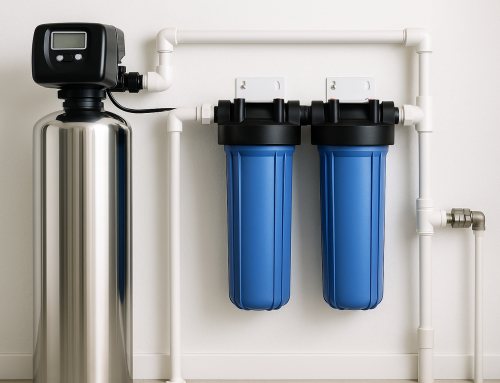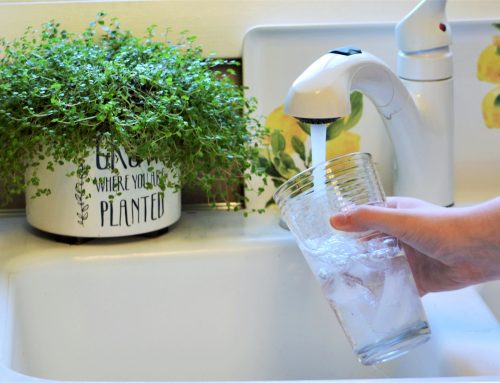Hard water is a common issue affecting millions of households. It contains high levels of minerals like calcium and magnesium, which can lead to scale buildup in pipes, reduced appliance efficiency, and even dry skin and hair.
To address these problems, homeowners typically choose between two solutions: water softeners and water conditioner systems. While both improve water quality, they work very differently and are suited to different needs.
What Is a Water Softener?
A water softener is specifically designed to remove the minerals that cause hard water, primarily calcium and magnesium. These minerals are responsible for scale buildup, soap scum, and reduced appliance performance.
How a Water Softener Works
Water softeners use a process called ion exchange. Inside the system is a resin bed filled with negatively charged beads. As hard water passes through:
-
Calcium and magnesium ions attach to the resin beads
-
Sodium or potassium ions are released into the water
-
Hard water is converted into soft water
Over time, the resin is regenerated using salt, flushing out the collected minerals.
Benefits of a Water Softener
-
Removes hard water minerals completely
Eliminates calcium and magnesium to prevent scale buildup -
Protects plumbing and appliances
Extends the lifespan of water heaters, dishwashers, and washing machines -
Improves skin, hair, and laundry
Softer skin, smoother hair, and cleaner, longer-lasting clothes -
Reduces soap and detergent usage
Soft water lathers more easily, saving money over time
Considerations Before Choosing a Water Softener
-
Requires regular salt refills and maintenance
-
Adds a small amount of sodium to treated water
-
May require additional installation space
What Is a Water Conditioner System?
A water conditioner system is a modern alternative that does not remove minerals from the water. Instead, it changes their structure so they no longer stick to surfaces and form scale.
Unlike water softeners, conditioners do not use salt, resin, or regeneration cycles, making them a low-maintenance option.
How a Water Conditioner Works
Most water conditioners use technologies such as:
-
Template-Assisted Crystallization (TAC)
-
Catalytic or physical water conditioning
These methods transform calcium and magnesium into microscopic crystals that remain suspended in the water. As a result, minerals pass through plumbing systems without forming scale.
Benefits of a Water Conditioner System
-
No salt or chemicals required
Environmentally friendly and maintenance-free -
Preserves natural minerals in water
Ideal for homeowners who prefer mineral-rich water -
Prevents scale buildup
Protects pipes and appliances without removing minerals -
Compact and space-saving design
Easier installation compared to traditional softeners
Considerations Before Choosing a Water Conditioner
-
Does not remove hardness minerals
-
Results may be less noticeable in extremely hard water
-
Minerals remain present, which may affect certain uses like food or beverage preparation
Water Softener vs. Water Conditioner: Which Should You Choose?
The best system depends on your water hardness level, lifestyle preferences, and maintenance expectations.
Choose a Water Softener If You:
-
Want complete removal of calcium and magnesium
-
Have very hard water
-
Want noticeable improvements in skin, hair, and laundry
-
Need maximum protection for appliances and plumbing
Choose a Water Conditioner If You:
-
Prefer an eco-friendly, salt-free solution
-
Want minimal maintenance
-
They are mainly focused on preventing scale buildup
-
Prefer water that retains natural minerals
Final Thoughts
Both water softeners and water conditioner systems can significantly improve your home’s water quality. The right choice will enhance appliance longevity, reduce maintenance costs, and improve everyday comfort.
For best results, consider having a professional water test performed. A specialist can evaluate your water conditions and recommend the system that best fits your home and lifestyle.
Improving your water quality is an investment in your home, your health, and your long-term savings.






